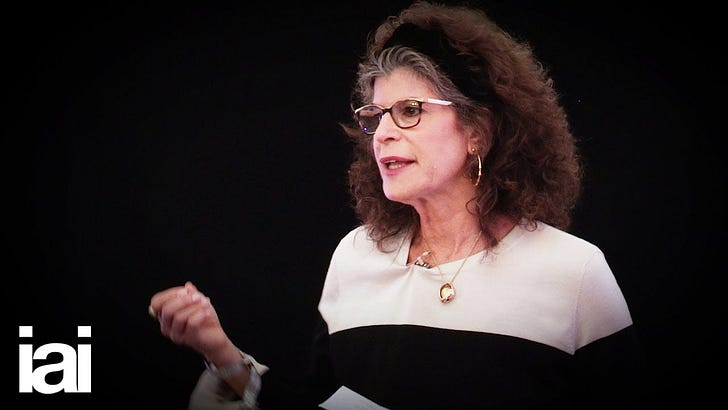4-2-3-1: train station democracy, the perils of over rationalization, and touching grass
Also: existential magnolias, the beauty of pen & paper and rogue capitalism.
4 Articles:
A scary look into disease and the limits of human capability:
Here’s a cheery read for you!
The world since COVID-19 is clearly a lot more aware of the dangers of diseases and their ability to shape the world (albeit less aware than we need to be if we want to be prepared for future pandemics that will inevitably arrive). A few years prior to the pandemic I came across Elisa Gabbert’s essay on diseases and the more insidious ways they shape our behavior on both a micro and macro level.
No summary does the essay justice so just read the whole thing.
A detailed account of the multitude of challenges schools face:
There is a vague sense that the country is struggling on multiple fronts. If you were to ask a random group of people what the biggest issues Britain face are, I am sure you would hear multiple answers all with equal merit. The article zooms into one school over a year and highlights just how wide ranging the challenges schools face and their teachers. A lot of this could be solved by proper funding but it also serves as a reminder that the challenges aren’t just a matter of funding but also requiring political leadership and moral courage.
Taking inspiration from the existence of Magnolias:
September for me is an interesting month from an emotional perspective. The crisp air in the morning carries a sense of new beginning - a lingering remnant from my time in education. While the early morning breeze stirs a sense of hope, the darker nights carry in them an ominous portent of what is to come: winter. Maria Popova’s slightly raw account of the Magnolia serves as a reminder that even with the temptation to sliver away into hibernation and survive, the beauty of life can be seen in a few short days so it is best not to waste any. Something I will try to remind myself of when the SAD kicks in and the days seems too bleak over the coming months.
Risk taking, survival and… honour? A good Nassim Taleb Interview
There are few thinkers these days who can pave a holistic intellectual system like Nassim Taleb. Beyond his Incerto series there are a mixed bag of articles, but the above does a good job of conveying his ideas and thoughts in a way that does them justice.
Two Ideas:
Train station democracy:
To misquote the political guru Stuart Pearson from ‘The Thick of It’: “Okay. I, um, hypothesise that – Sorry. I say that the design structure for a democracy should be that of the train station: Morally and structurally explicit and open, a porous membrane”
Amidst all the mess that plagues British political life, efforts should be heightened in changing the makeup of our democracy. A framework to think about this is that democratic life in Britain should be like that of a train station. I draw this analogy for three reasons:
Multiple Access Points
No one size fits all, different services are targeted at different needs
Captures the vast range of the population
(I type these words fully understanding the sense of irony)
There is nothing more satisfying than writing with the right pen. My personal favorites are Bic Cristal 1.6mm and the Uniball Jetstream Rollerball 1mm pen. In both my studies and my professional life I have oscillated between handwritten notes and typing them out. They both serve a purpose and have a place. However I think for learning and developing an understanding of what you think, handwriting is the way to go. Synthesizing text and writing it down in your own words is a powerful weapon for learning. Something we shouldn’t be so quick to let go.
Three YouTube Videos/Podcasts:
David Axelrod Interview with Jeff Greenfield (2016) - The Axe Files
“Michael Sandel on the case against Meritocracy.” - Talking Politics
One Book:
There are some non-fiction books that I keep coming back to, that really shape my thinking on how I see the world through the language they deploy. I can think of no better example than today’s lone striker in our 4-2-3-1: The Age of Surveillance Capitalism by Shoshana Zuboff. It is a leviathan of a book, and not an easy read by any account. Zuboff is attempting to give us a new vocabulary to describe a rogue mutation of capitalism i.e. Surveillance Capitalism. It is part history of the current tech giants, part analysis of this new economic model and the threat is poses, and part call to arms. When thinking about life with the relevant nascent technologies the book serves as a good starting point to drive thinking. How we then actually deal with this reality warrants further exploration.




